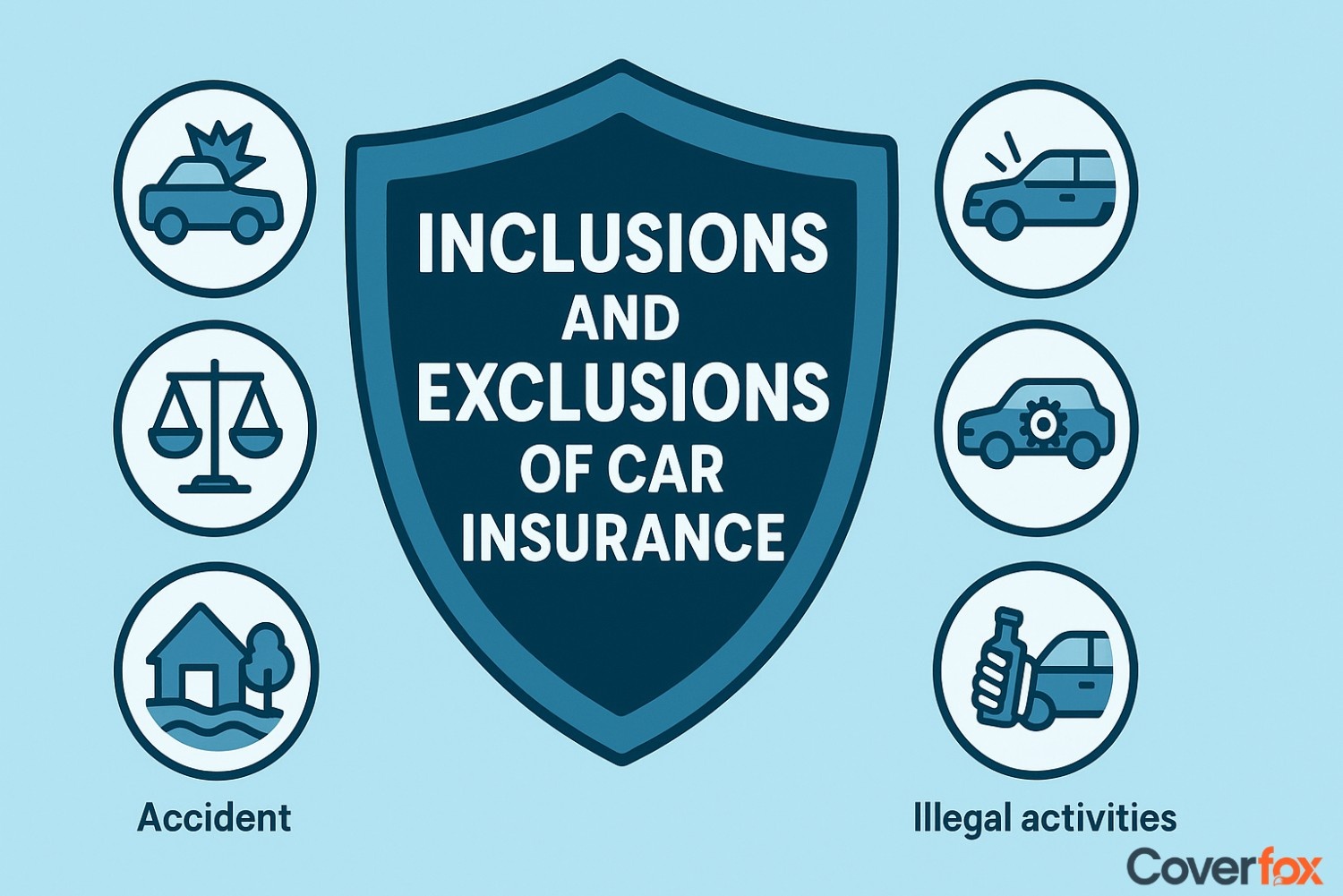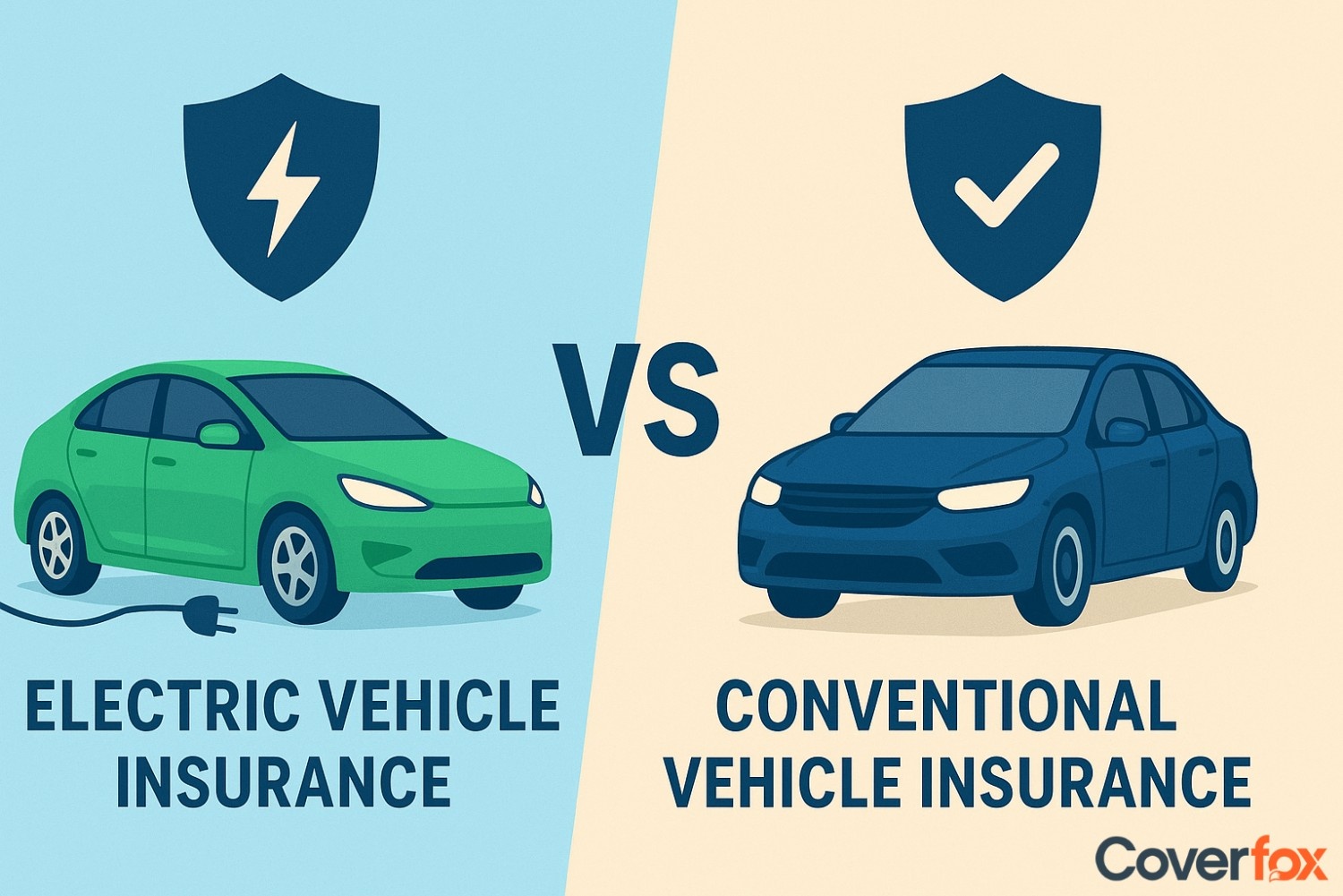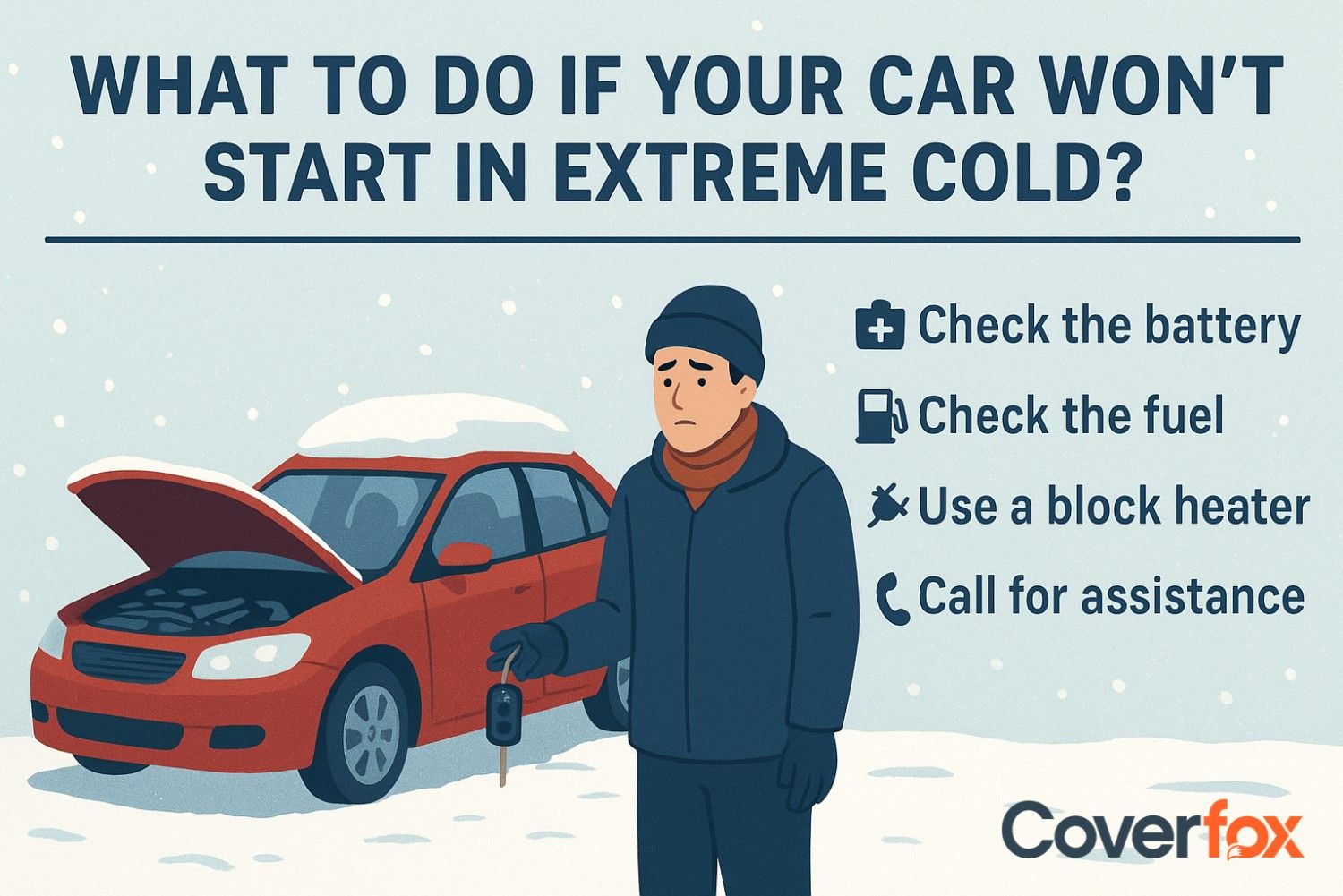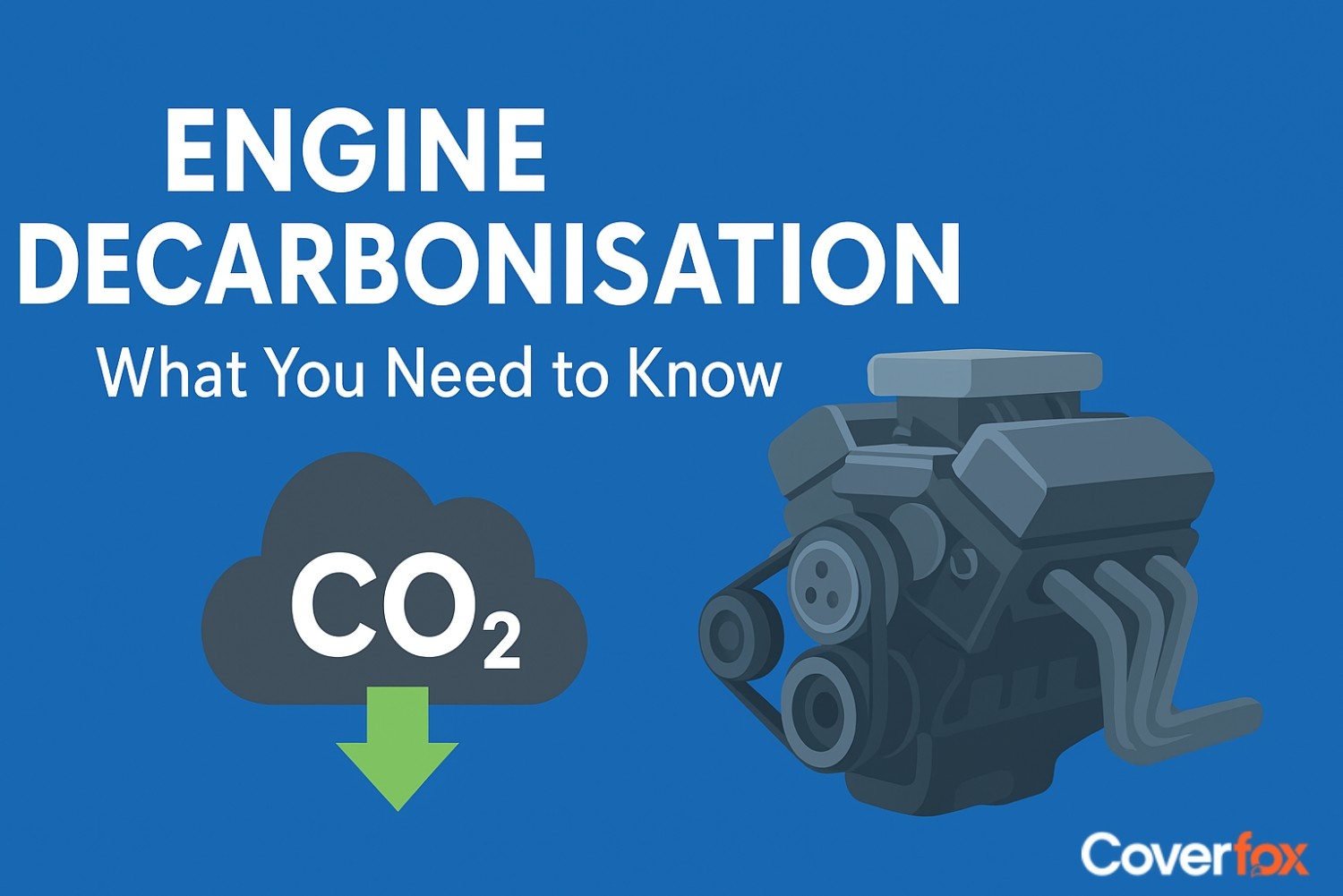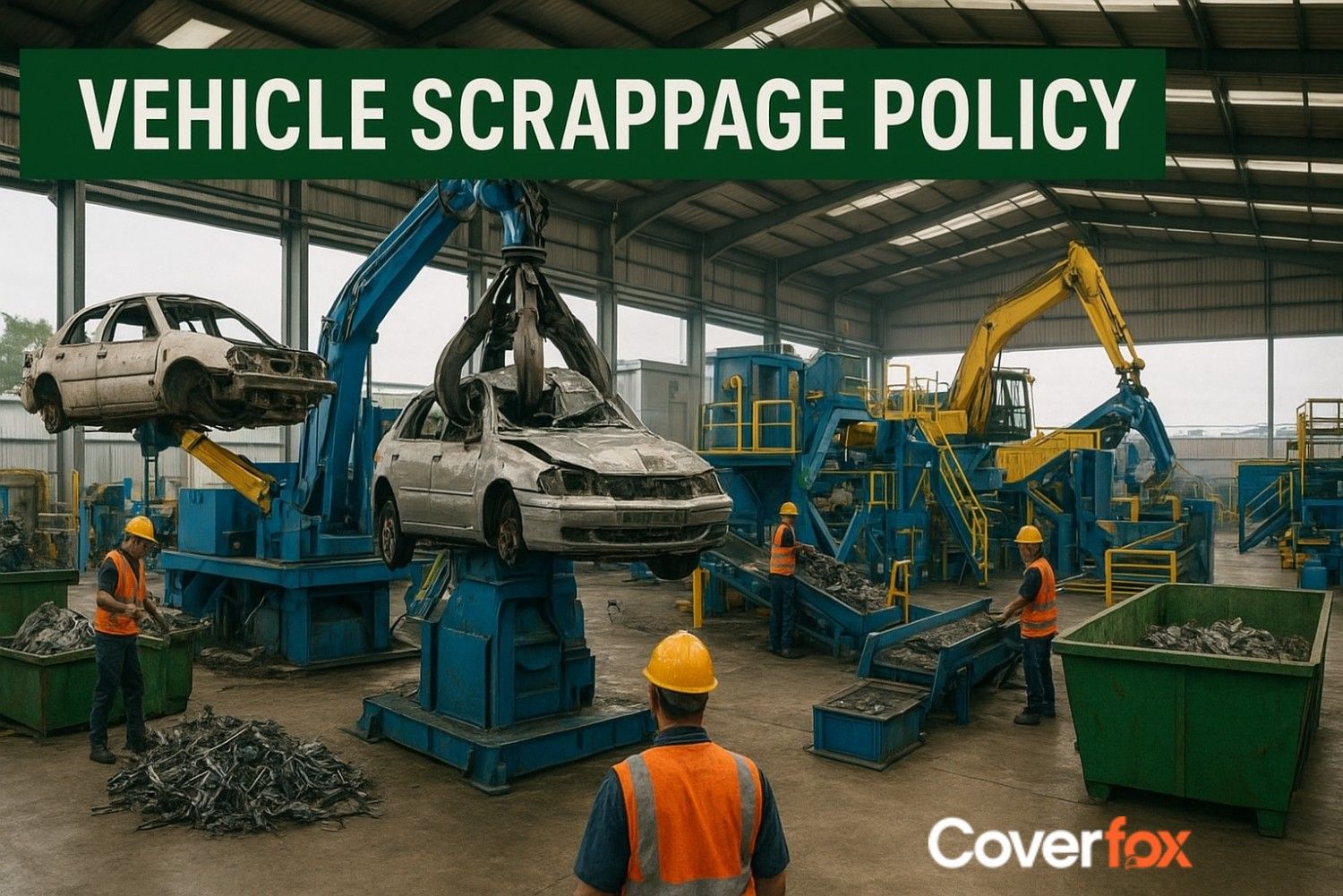Learn about the knock-for-knock agreement in car insurance, where each party's insurer covers their own losses regardless of fault. It may save time and money by streamlining claims and reducing problems.
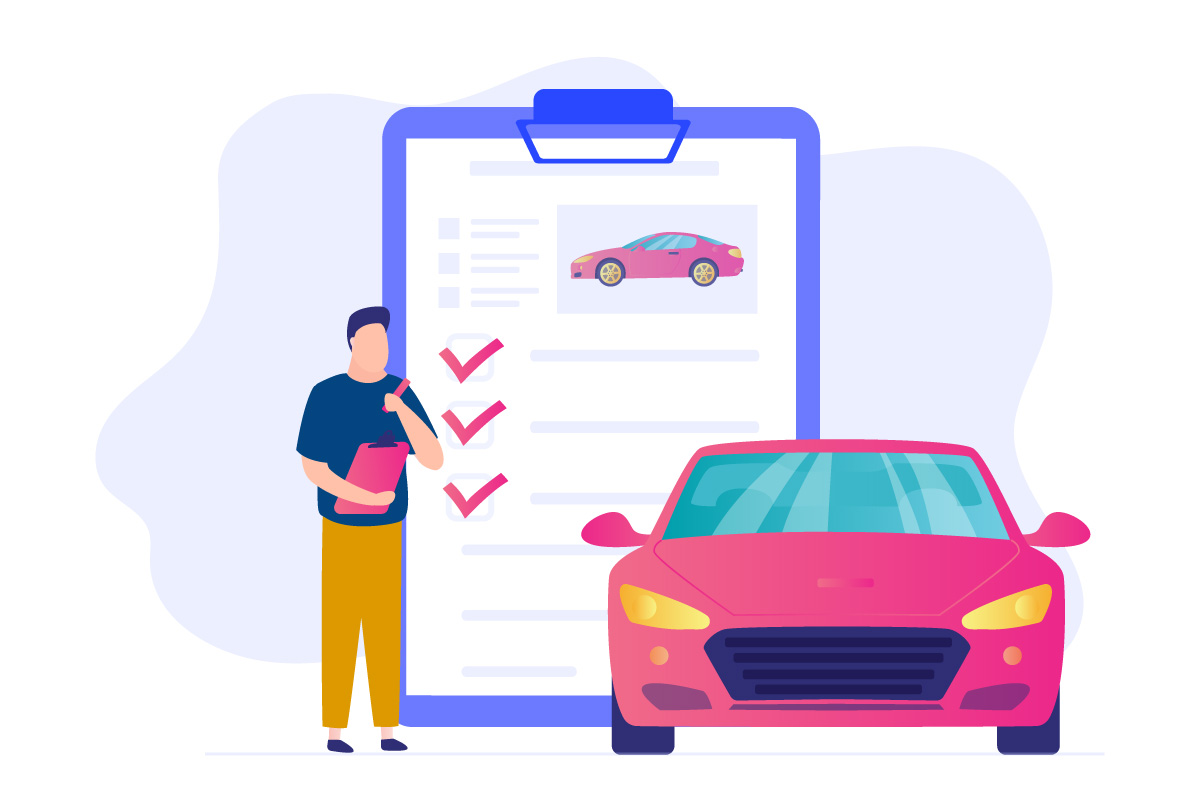
If you've ever been in a car accident, you know how stressful and confusing it can be to navigate the insurance process. And if you've heard the term "knock-for-knock agreement" thrown around, you may be wondering what it means and how it affects your car insurance.
In this article, we'll break down the basics of the knock-for-knock agreement in motor insurance, including what it is, how it works, and why it's important for drivers to understand.
What is a Knock-for-Knock Agreement?
A knock-for-knock agreement is a type of insurance agreement between two parties, typically insurance companies, that allows each party to cover their own losses in the event of an accident. This means that each party's insurance company will pay for the damages to their own vehicle, regardless of who is at fault for the accident.
How Does a Knock-for-Knock Agreement Work?
Let's say you're driving down the road and another car runs a red light, hitting your car and causing damage. In a traditional insurance agreement, the at-fault driver's insurance company would be responsible for covering the damages to your vehicle.
However, in a knock-for-knock agreement, your insurance company would cover the damages to your car, and the other driver's insurance company would cover the damages to their car. This means that both parties are essentially "knocking" on their own insurance company's door for coverage, rather than pointing fingers and trying to determine who is at fault.
Why is the Knock-for-Knock Agreement Important?
The knock-for-knock agreement is important for a few reasons. First, it helps to streamline the insurance process and avoid lengthy investigations into who is at fault for an accident. This can save time and money for both insurance companies and drivers.
Additionally, the knock-for-knock agreement can help to prevent disputes between insurance companies and reduce the likelihood of lawsuits. By agreeing to cover their own losses, insurance companies can avoid the need for legal action and keep costs down for everyone involved.
How Does Knock-for-Knock Insurance Work?
Knock-for-knock insurance is a type of car insurance that includes a knock-for-knock agreement. This means that if you are involved in an accident, your insurance company will cover the damages to your vehicle, regardless of who is at fault.
What Are the Benefits of Knock-for-Knock Insurance?
There are several benefits to having knock-for-knock insurance. First, it can help to simplify the claims process and avoid disputes between insurance companies. This can save time and hassle for drivers who are already dealing with the stress of an accident. Additionally, knock-for-knock insurance can help to keep premiums down for drivers. By avoiding lengthy investigations and legal disputes, insurance companies can save money and pass those savings on to their customers.How Can I Get Knock-for-Knock Insurance?
Not all car insurance policies include a knock-for-knock agreement, so it's important to check with your insurance provider to see if this is an option for you. If you're interested in having knock-for-knock insurance, you may need to switch to a different insurance company or policy.What Are the Risks of Knock-for-Knock Insurance?
While knock-for-knock insurance can have its benefits, there are also some risks to consider. One of the main risks is that you may end up paying for damages to your vehicle even if you are not at fault for an accident. This is because your insurance company will cover the damages, rather than the at-fault driver's insurance company.
Additionally, knock-for-knock insurance may not cover all types of accidents. For example, if you are involved in a hit-and-run or if the other driver does not have insurance, you may still be responsible for covering the damages to your vehicle.
What is a Knock-for-Knock Claim?
A knock-for-knock claim is a type of insurance claim that is made under a knock-for-knock agreement. This means that each party's insurance company will cover the damages to their own vehicle, regardless of who is at fault for the accident.
How Do I Make a Knock-for-Knock Claim?
If you are involved in an accident and have knock-for-knock insurance, you can make a claim with your insurance company as you normally would. Your insurance company will then cover the damages to your vehicle, and the other driver's insurance company will cover the damages to their vehicle.
What Should I Do After a Knock-for-Knock Claim?
After making a knock-for-knock claim, it's important to follow up with your insurance company and make sure that all damages are covered. If you have any concerns or questions, don't hesitate to reach out to your insurance provider for clarification.
What Are Some Examples of Knock-for-Knock Agreements?
One example of a knock-for-knock agreement is the Motor Insurers' Bureau (MIB) Uninsured Drivers Agreement. This agreement allows drivers to make a claim for damages if they are involved in an accident with an uninsured driver.
Another example is the Motor Insurers' Bureau (MIB) Untraced Drivers Agreement. This agreement allows drivers to make a claim for damages if they are involved in a hit-and-run accident or if the other driver cannot be identified.
Conclusion
The knock-for-knock agreement is an important aspect of car insurance that can help to simplify the claims process and reduce disputes between insurance companies. While there are some risks to consider, knock-for-knock insurance can have its benefits and may be worth considering for drivers who want a more streamlined insurance experience.
If you're interested in learning more about knock-for-knock agreements and how they may affect your car insurance, be sure to speak with your insurance provider for more information. With a better understanding of this type of insurance, you can make informed decisions about your coverage and ensure that you have the protection you need on the road.
Also Read: Why Comparing Car Insurance is Crucial Before Buying?
